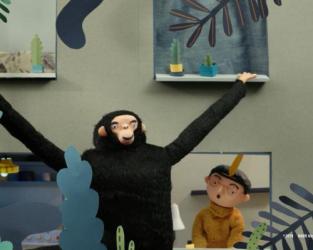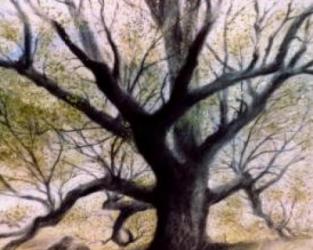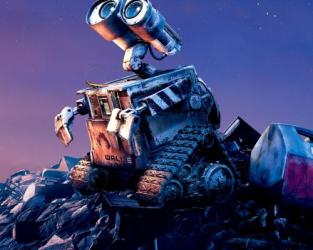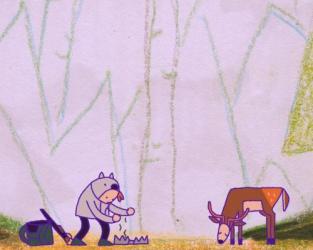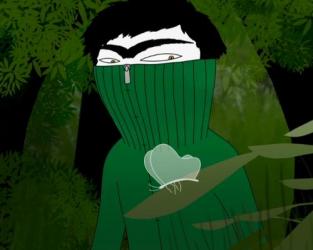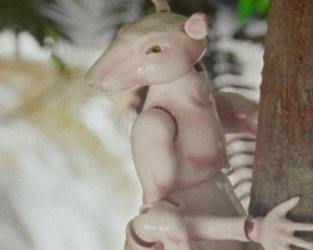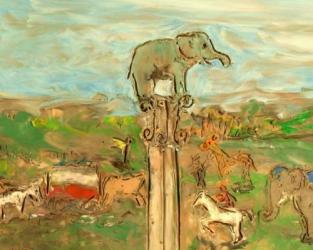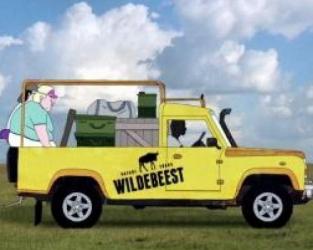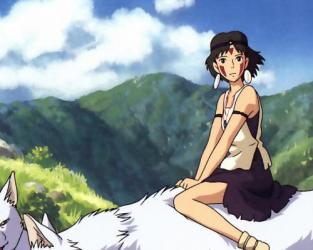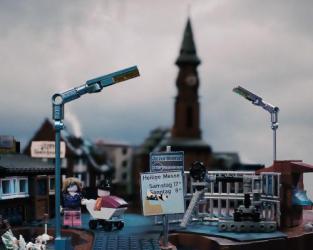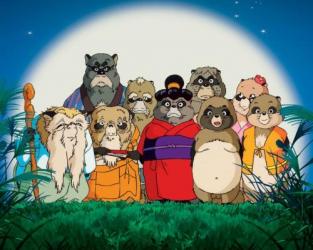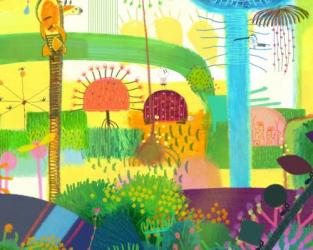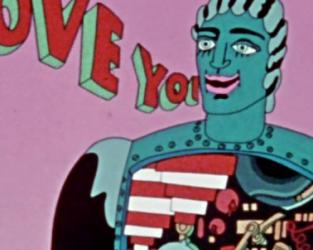Little Mole out of the City
různí / various | 50 min | This showcase for the youngest audiences connects
Children on Planet A: Woods, Water, Tornados
8+
As part of this year’s accompanying programme titled Planet A, we have prepared screenings of short environmental films for children of all ages. In this showcase for children above 8 years of age, you will see many different films which are definitely not boring educational or unpleasant agitational animations. On the contrary, this showcase includes film stories or puns offering various perspectives on the issue of environmental protection.
You will see a moving drama involving migrating bears but also a delightful story of a garden that decided to move. You will find out how serious deforestation is in the acclaimed Brazilian film Plantae. A humorous fictitious report on the life of hot air molecules will explain to young audiences how a tornado is formed. What about roasting some plastic fished from the sea for lunch? The ironic tone of some of the films, including a new student film titled Shoot, is balanced by the poetic and deeply moving Canadian film Man Who Planted Trees.
And in the very first film of the showcase, The Planet Comes First, we will find out that everyone can help the planet by planting a tree.
The Planet Comes First: April
Director: Jakub Hussar, Czech Republic, 2020, 3 min
Migrants
Directors: Hugo Caby, Antoine Dupriez, Aubin Kubiak, Lucas Lermytte, Zoé Devise, France, 2020, 8 min
The Lost Garden / Le jardin perdu
Director: Natalia Chernysheva, France, 2018, 3 min
Baked Fish
Director: Guillem Miró, Spain, 2018, 4 min
Plantae
Director: Guilherme Gehr, Brazil, 2017, 10 min
Shoot
Director: Ema Mlynarčíková, Czech Republic, 2020, 3 min
The Story of a Tornado / Ako vzniká tornádo
Director: Veronika Kocourková, Slovakia, 2013, 6 min
Man Who Planted Trees
Director: Frédéric Back, Canada, 1987, 30 min

